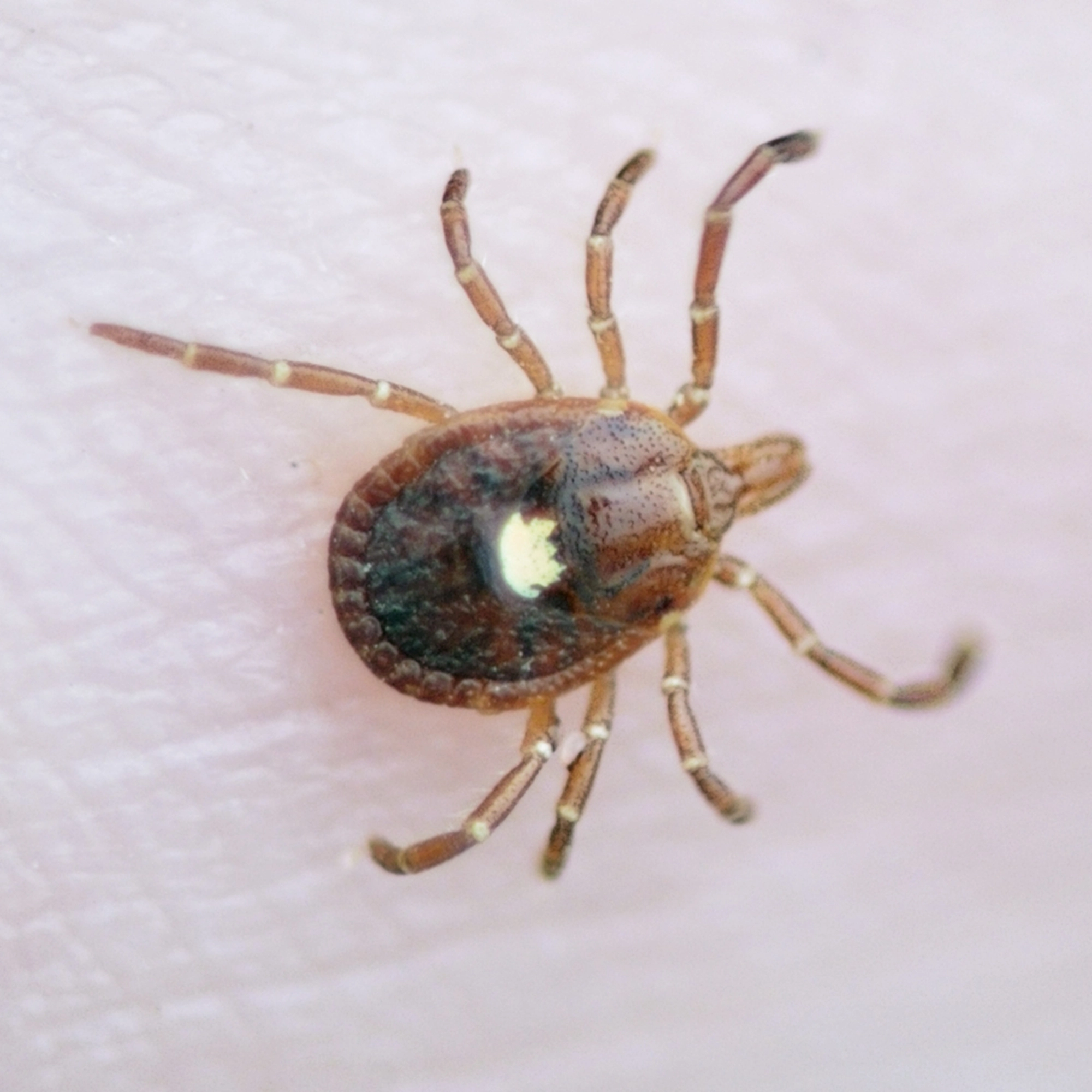
- 0 Comments
- admin
Alpha Gal Syndrome-(AGS) Protein Allergy From Ticks

If these bugs don’t give you the weebee jeebees, I don’t know what will! If their looks don’t freak you out, this is something that is also going on aside from Lymes disease-
Protein allergy from ticks is a condition known as Alpha-gal syndrome (AGS). It is an allergic reaction to a carbohydrate molecule called alpha-gal that is found in the saliva of certain ticks. When these ticks bite humans and inject their saliva, the body’s immune system can develop an allergic response to alpha-gal.
The primary tick species associated with Alpha-gal syndrome is the lone star tick (Amblyomma americanum) found predominantly in the southeastern United States, although other ticks in different regions may also transmit alpha-gal. It’s essential to note that not all tick bites lead to AGS, and the prevalence of this syndrome can vary based on geographical location and individual susceptibility.
Symptoms of Alpha-gal syndrome typically develop a few hours after eating red meat or products derived from mammals such as beef, pork, and lamb, which contain alpha-gal. The symptoms can range from mild to severe and may include:

Symptoms may include:
- Hives or skin rash
- Itching
- Swelling
- Gastrointestinal symptoms (e.g., abdominal pain, diarrhea, nausea)
- Respiratory symptoms (e.g., difficulty breathing, wheezing)
- Anaphylaxis (a severe and potentially life-threatening allergic reaction)
If you suspect you have Alpha-gal syndrome or experience allergic reactions after consuming red meat, it’s crucial to consult with an allergist or healthcare professional for proper diagnosis and management. Avoiding tick bites and being aware of the foods you consume can help reduce the risk of allergic reactions related to this condition.
As with any medical condition, it’s essential to consult a healthcare professional for personalized advice and treatment. Please note that the information provided here is for general knowledge purposes and should not be used as a substitute for professional medical advice or diagnosis.
Tick Species That Carry AGS
The primary tick species known to carry Alpha-gal syndrome (AGS) is the lone star tick (Amblyomma americanum). This tick species is commonly found in the southeastern United States, although it has been expanding its range to other regions as well.
It’s important to note that the distribution and prevalence of AGS may change over time, and there could be other tick species involved in transmitting alpha-gal or related syndromes. Therefore, it’s essential to stay informed about local tick populations and potential health risks in your specific region.
If you live in an area where lone star ticks or other tick species known to transmit alpha-gal are prevalent, it’s essential to take appropriate precautions to avoid tick bites, such as wearing protective clothing, using tick repellents, and performing tick checks after spending time outdoors.
For the most up-to-date and region-specific information on tick-borne diseases and tick populations, it’s best to consult local health authorities, such as the Centers for Disease Control and Prevention (CDC) in the United States or similar organizations in other countries.

Some of the best tick repellents-
The best tick repellent is typically one that contains the active ingredient DEET (N, N-Diethyl-meta-toluamide) or picaridin. Both DEET and picaridin have been proven effective in repelling ticks and other insects. However, it’s essential to follow the product’s instructions for safe and effective use, especially when applying it to your skin or clothing.
Other effective options include products containing permethrin. Permethrin is a synthetic insecticide that can be applied to clothing, shoes, and gear. It provides long-lasting protection by repelling and killing ticks upon contact.
Keep in mind that the effectiveness of repellents can vary based on factors such as the concentration of the active ingredient, the environment you’re in, and individual factors like body chemistry. If you have specific concerns or health conditions, it’s always best to consult with a healthcare professional before using any repellent.
As my information might be outdated, I recommend checking with current sources or consulting experts for the most up-to-date recommendations on tick repellents.
Possible cure for AGS?
Up until the date of this post, here is no cure for Alpha-gal syndrome (AGS). The primary treatment for AGS involves managing and avoiding exposure to alpha-gal, which is a carbohydrate molecule found in certain meats and meat products. If you have been diagnosed with AGS, here are some general strategies to help manage the condition:
Avoidance of Trigger Foods: The most crucial aspect of managing AGS is to avoid foods that contain alpha-gal. This includes all mammalian meats, such as beef, pork, lamb, and venison, as well as products derived from these meats, such as sausages, bacon, and gelatin-containing foods.
Read Food Labels: Be diligent in reading food labels to identify potential sources of alpha-gal or hidden ingredients derived from mammalian sources.
Be Cautious with Medications: Some medications and vaccines may contain gelatin derived from mammalian sources. Discuss your condition with your healthcare provider to ensure that any prescribed medications or vaccinations are free from alpha-gal.
Carry Emergency Medication: If you experience severe allergic reactions, such as anaphylaxis, carry an epinephrine auto-injector (e.g., EpiPen) at all times and know how to use it.
Seek Medical Advice: Work closely with an allergist or immunologist who is familiar with AGS. They can help you manage your condition, provide guidance on diet and potential allergens, and offer personalized advice.
Monitor for Ticks: Since AGS is caused by the bite of certain ticks, taking measures to avoid tick bites, such as wearing protective clothing and using insect repellents, may help reduce the risk of exposure to alpha-gal.
Conclusion:
It’s important to remember that individual responses to alpha-gal can vary, and some individuals with AGS may be more sensitive to trace amounts of alpha-gal than others. Therefore, it’s crucial to work closely with a healthcare professional to develop a personalized management plan tailored to your specific needs and medical history.
Please note that medical information and treatment options may evolve over time, so it’s essential to consult with a healthcare provider or allergist for the most current and appropriate management of Alpha-gal syndrome.

